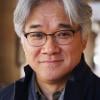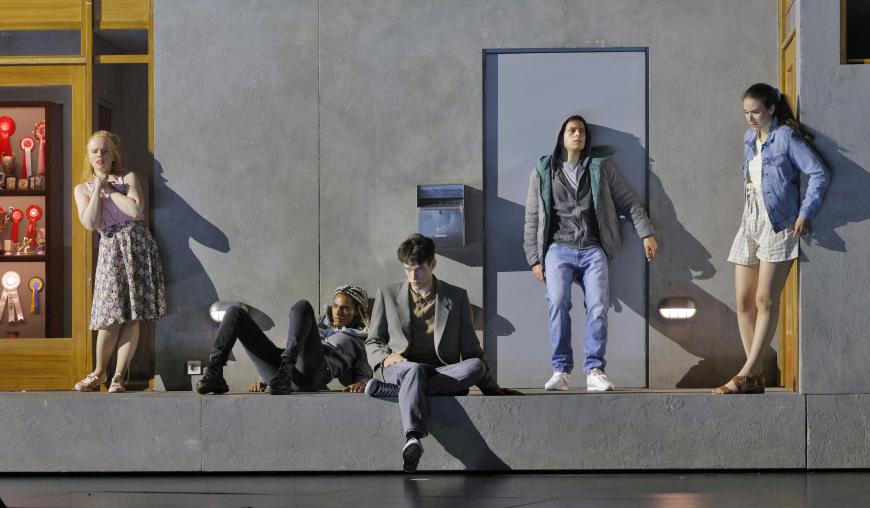
Several years ago, Ryan Marchand, director of diversity, equity, and community at San Francisco Opera, saw American Son, a Broadway play set in a Florida police station where a recently separated couple are trying to find information about their missing 18-year-old son.
The play, which deals with race, class, and police violence, had a strong emotional effect on Marchand, and when it ended, he was undone. “The curtain came down, and I lost it. I just started ugly crying,” Marchand said. “It was so impactful and such a beautiful work, and I remember an usher almost immediately being like, ‘OK, got to go now. Please leave,’ and just ushering me out.”
Marchand and his colleagues wanted to make sure that audience members at SF Opera’s production of Kaija Saariaho’s Innocence (the work’s U.S. premiere, which runs June 1–21 at the War Memorial Opera House) didn’t find themselves out on the sidewalk, wondering what had just happened.
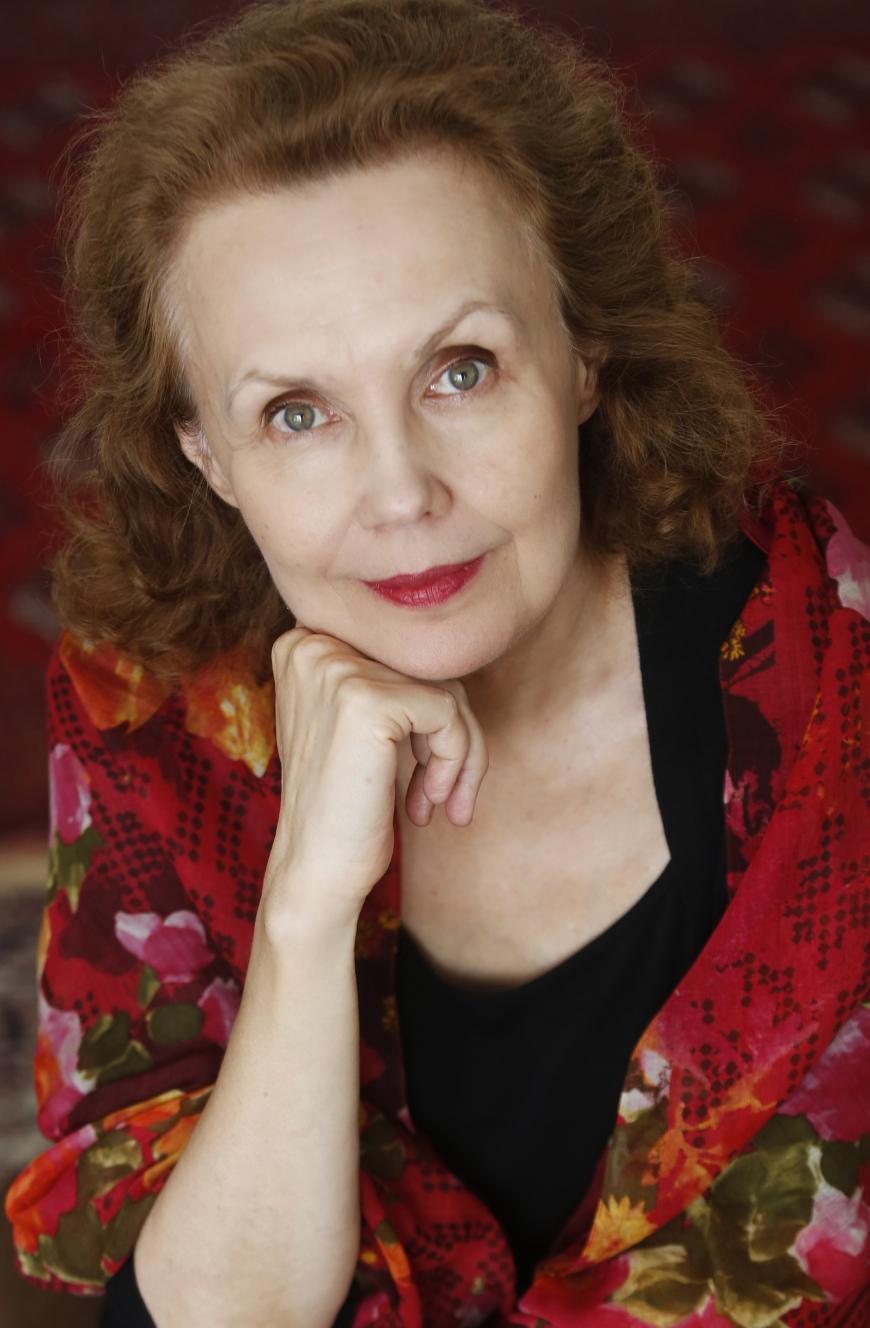
Innocence, which has been performed in Aix-en-Provence, Helsinki, London, and Amsterdam, has two timelines — one of a wedding celebration and one with a teacher and six students remembering a school shooting that happened 10 years prior. The connection between the two events emerges as the story progresses.
SF Opera has developed trauma trainings, a symposium, and post-performance discussions to help guide people through the heavy subject matter.
“Hopefully, if we’re doing our jobs well, people will have really big emotions and reactions to this piece,” Marchand said. “We’re planning on having a talkback with artists in the production, mostly focused on the art. Then we felt like some people might feel really activated and get mobilized and feel like, ‘Gosh, I have to do something.’ So we’re working with two community partners: Giffords Law Center to Prevent Gun Violence and Live Free USA.”
The first, Marchand said, focuses on legislation, while the latter does grassroots organizing, both working to ensure that the people who have experienced gun violence firsthand also take the lead in advocacy. The Community Arts Stabilization Trust is also involved, as well as the Wraparound Project at the University of California, San Francisco.
Rochelle A. Dicker, a trauma surgeon at UCSF, said the last project was developed two decades ago to stop what she has called the “revolving door of violence.” She explained: “Early in my training as an intern, I was seeing literally the same people coming back injured within a very short period of time. It just was absolutely frustrating. Like, ‘Why? Why am I doing all this training? Sure, I’m going to learn how to take someone’s spleen out, but am I really helping change their life course?’ The answer was absolutely not.”
The Wraparound Project brings in what it calls violence-prevention professionals. Like Dicker, they go to the bedside of someone who has been violently injured.
“They’re really woven into the fabric of San Francisco General Hospital, our trauma center in San Francisco,” Dicker said. “They start to develop these mentoring relationships that last for months, far outside of when [patients] leave the hospital, to find resources and to mitigate structural drivers of health, things like employment, better education, court advocacy, mental health services, better housing opportunities. But it’s amazing what happens when you see people connect with their violence-prevention professionals. It can be transformative.”
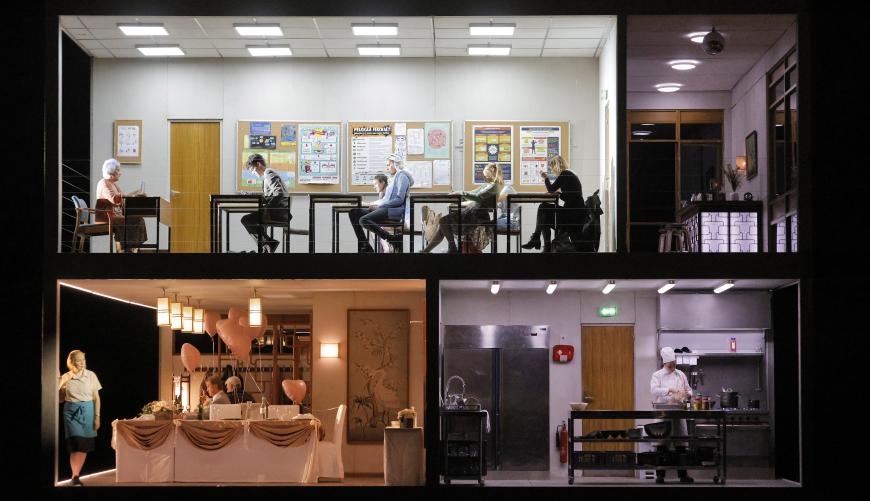
When SF Opera hosts the symposium Beyond Innocence on May 31, moderated by W. Kamau Bell and KQED’s Mina Kim, Dicker and others who do this kind of violence-prevention work will be there.
“If somebody in San Francisco wants to be involved and wants to get to know more about Wraparound or, frankly, the 60 other programs that exist like it, they can get involved,” Dicker said. “Innocence is heavy, and it’s extraordinary. I think people will really be looking for opportunities [for] what they can do and how they can make an impact. We’ll be there to talk to them, to tell them, ‘Here’s your local community that represents hope.’”
Dicker also said counselors from Wraparound will provide mental health services for anyone who might need them after the performances.
It’s not just the audience members that SF Opera is looking out for — it’s the performers as well. Singers and actors from the European productions of Innocence told Marchand how performing the work affected them. “We heard from one performer who said, ‘I’ve portrayed being raped or committing suicide so many times in my career, and I sort of expected this to be the same experience,’” Marchand said. “People shared that it just wasn’t — it was really difficult. We heard about people weeping in the wings.”
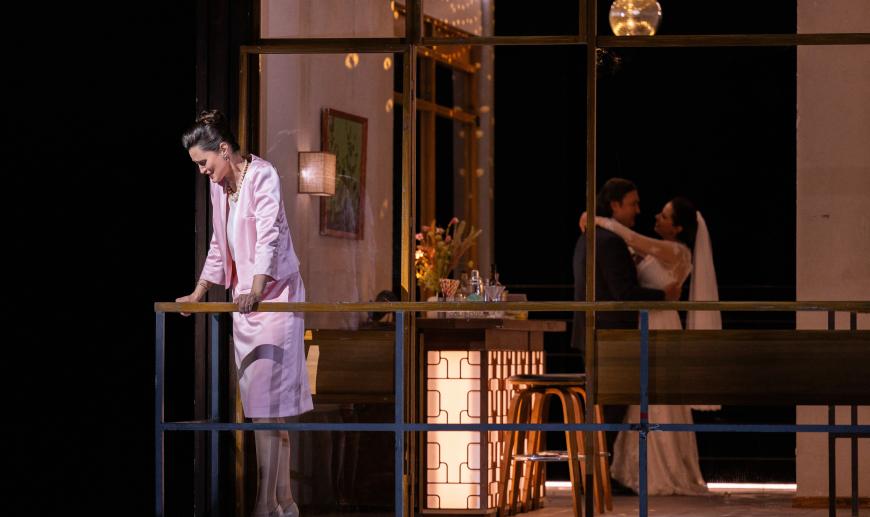
Before the first rehearsal, the cast in San Francisco had trauma trainings.
Tenor Miles Mykkanen plays the role of the Groom. He appreciates the training everyone has received in how to deal with the grief and sadness that could arise in performing Innocence, and he said the intense subject matter didn’t make him shy away from taking the part.
“I love jumping into these kinds of crazy characters in these roles that require so much. It’s just something I enjoy,” Mykkanen said. “I wasn’t hesitant at all. I’ve just been anxious for four years to finally start rehearsals.”
And knowing that people are there to help makes a difference, Mykkanen said. “From the very first day, all of the leaders, from [General Director] Matthew Shilvock all the way down, they just reiterated how they’re all there to support us,” the tenor said. “We had a trauma training with specialists to prepare us because the subject matter is so intense that we may not even expect the kind of human reactions or emotions within us that come from under the surface, out of nowhere. It was incredibly helpful to address that right off the bat.”
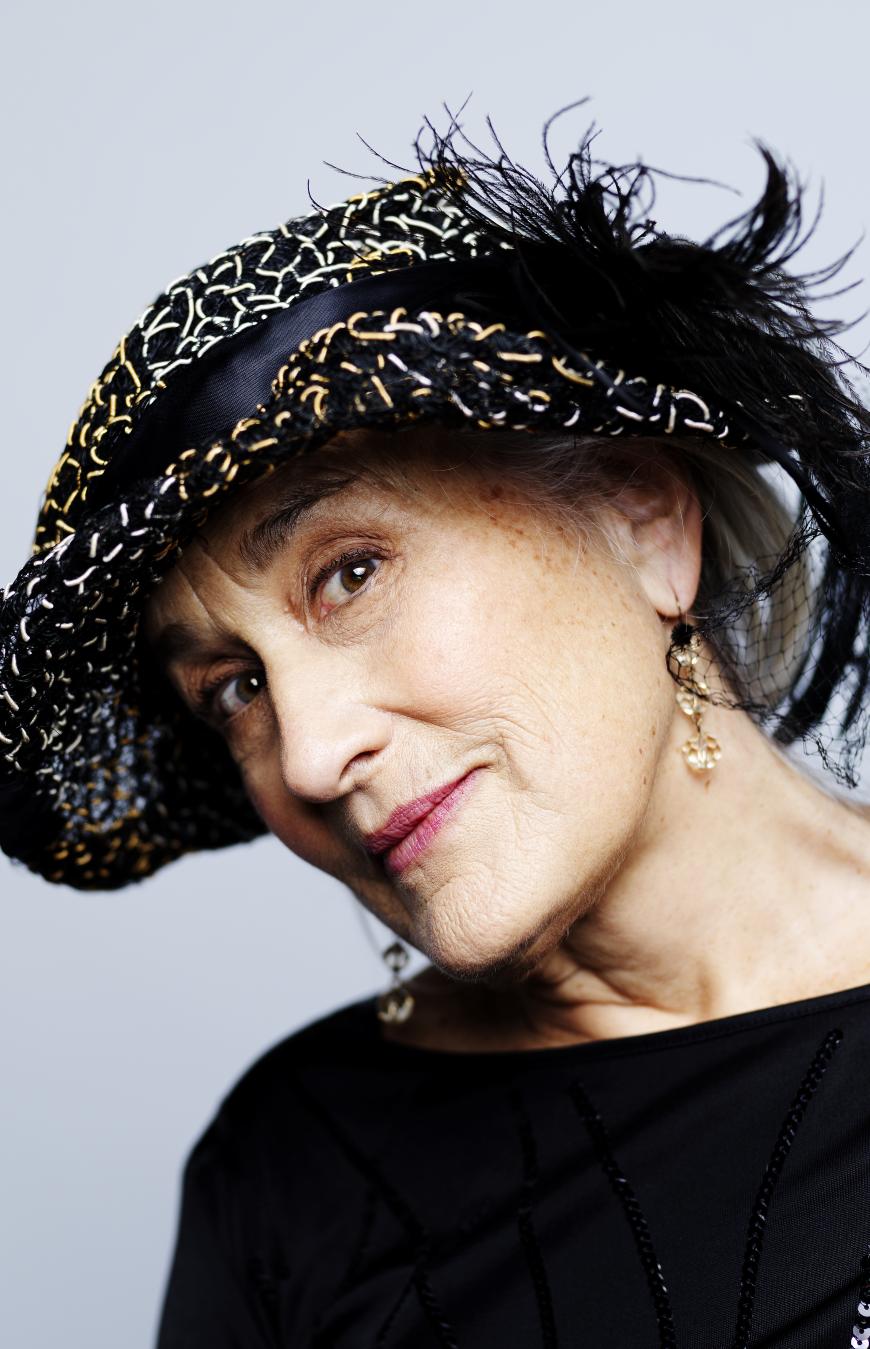
This is Mykkanen’s first time performing in Innocence. Soprano Lucy Shelton, who plays the Teacher, has performed that role in the European productions — it was written for her — and she will reprise it in San Francisco. Like Mykkanen, she said she appreciates the support for the cast.
“We had a beautiful meeting on our first day with Ryan, so we know there are all sorts of things available to us should we have any problem, and you can get help without having everyone know you’re struggling,” Shelton said. “I feel like the show involves so much vulnerability on all our parts, and the cast itself is an unusually supportive one. We’re all there to tell this story and support and help each other. It’s a very strong community, and we all believe in the piece.”
Shelton said she’s glad that SF Opera is providing Innocence’s first American audience so many opportunities for discussion and action. “We’re the ones with all the shootings, and we’re bringing the topic to an environment that deals with it much more often than other locations,” she said. “But it’s an incredible piece, and there are moments of real beauty. The story is hard, but the music really envelops you.”
Shelton’s character starts the opera with a happy memory of teaching students from all over the world and ends it remembering how the shooting destroyed so many lives, as well as her faith in herself.
Shelton called it an amazing story where no one feels completely innocent. Mykkanen agreed. “Is my character, the Groom, the villain or hero? Is he good? Is he bad? Did he do everything he could?” Mykkanen asked. “This blurred line is where the brilliance of the whole piece lies. You find out detail by detail, and what you thought you knew at the beginning, it’s not just that it changes completely, but your perception really does change about these characters, and it’s very subtle.”


